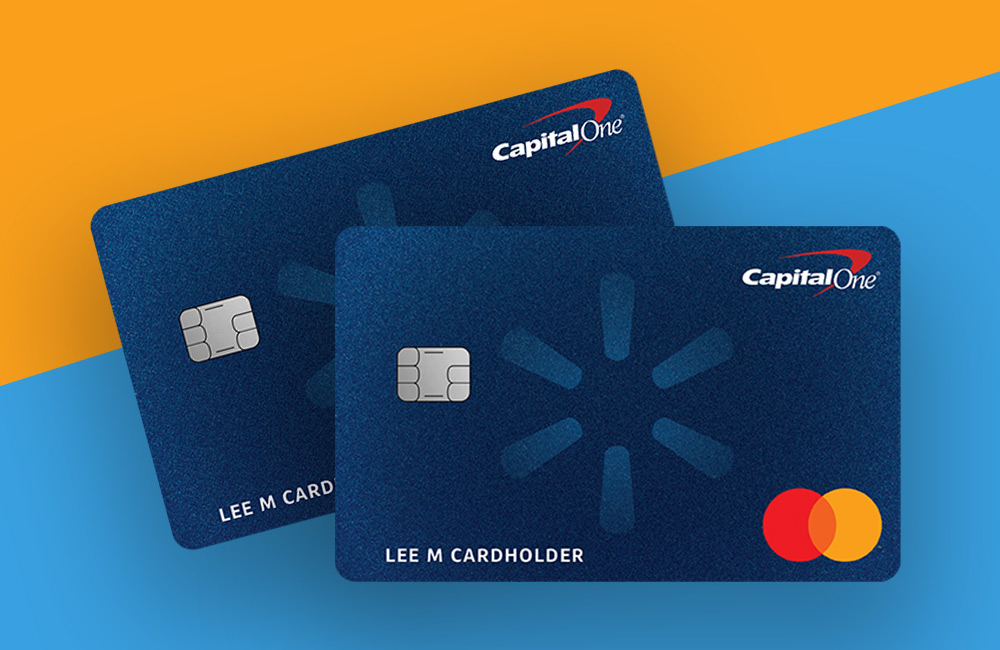
Credit card rewards come in various formats, and one of the most popular is the point-based system. Think of it like a loyalty program at your favorite coffee shop: buy a certain number of coffees, and you get one free. With point-based credit cards, every purchase earns you points. Accumulate enough, and you can redeem them for goods, services, or even experiences. But how do these cards stack up against others? And more importantly, how can you make the most of your points?
Understanding Point-Based Rewards
At its core, a point-based credit card operates on a simple principle: spend money, earn points. Here’s how it typically works:
- Earning Points: For every dollar you spend using the card, you’re awarded a certain number of points. The exact amount can vary depending on the card and where you’re making the purchase. For instance, some cards offer more points for specific categories like travel or dining.
- Point Value: Points aren’t created equal. Their worth can differ based on the credit card issuer and the redemption options. Typically, a point can be worth anywhere from less than a penny to several cents. It’s essential to understand the value of your points, as this determines how beneficial the card is for you.
- Redemption Options: Once you’ve collected a substantial number of points. Now what? Most cards provide a catalog or portal where you can redeem your points. The options can be diverse:
- Travel: Flights, hotel stays, car rentals, and more.
- Gift Cards: For a variety of retailers, restaurants, or online stores.
- Merchandise: From electronics to home goods or even fashion.
- Cash Back: Some cards allow you to convert points into cash or statement credits.
- Experiences: Exclusive events, concerts, or unique opportunities.
- Transfer Partners: Some point-based cards have partnerships with airlines or hotel chains, allowing you to transfer points to these partners, often at a favorable ratio. This can be beneficial if you’re eyeing a specific reward from a partner.
To simply sum it up, point-based credit cards offer a flexible reward system, allowing you to earn as you spend and redeem in a variety of ways. However, their real value lies in understanding the nuances of each card, from earning rates to redemption options.
Benefits of Point-Based Credit Cards
Point-based credit cards offer a unique set of advantages when compared to other credit card reward systems. Here’s a breakdown of the benefits, contrasted with other popular card types:
- Flexibility in Redemption:
- Point-Based Cards: These cards often provide a wide array of redemption options, ranging from travel and merchandise to cashback and unique experiences.
- Cashback Cards: Typically offer a straightforward cashback system, limiting redemptions to statement credits or checks.
- Potential for Higher Value:
- Point-Based Cards: When used strategically, especially with transfer partners or specific redemptions, points can yield a high value.
- Airline or Hotel Cards: While these cards might offer significant value for specific redemptions, they’re generally less flexible than point-based cards.
- Earning Multipliers:
- Point-Based Cards: Many offer bonus points in certain spending categories, such as dining or travel, maximizing your earning potential.
- Flat-Rate Cards: These typically offer a consistent reward rate for all purchases, without the bonus categories.
- Exclusive Perks and Partnerships:
- Point-Based Cards: Often come with unique offers, experiences, or partnerships, adding more value to the card.
- Store-Specific Cards: While they might offer brand-specific perks, they usually don’t provide the broad range of exclusive offers that some point-based cards do.
- Potential for Point Transfers:
- Point-Based Cards: Some cards allow transferring points to partners, like airlines or hotels, often leading to better redemption values.
- Cashback Cards: The concept of transferring doesn’t apply, as rewards are typically provided in cash form.
While each credit card type has its merits, point-based cards showcase their versatility and potential for maximized value. However, always compare and contrast with other options to ensure you’re making the best choice for your spending habits and rewards preferences.
Choosing the Right Point-Based Card

Finding the right point-based credit cards can be a bit overwhelming, especially with the various options available. However, by focusing on a few key aspects, you can hone in on a card that best suits your financial lifestyle and maximizes your rewards. Here’s a simple guide to help you make an informed choice:
- Aligning with Individual Spending Patterns:
- Why it Matters: Different cards offer varying points for different categories. Some may offer triple points for travel, while others might reward dining or grocery shopping more generously.
- Action Step: Analyze your spending habits. Are you a frequent traveler? Do you dine out often? Or maybe you spend more on gas and groceries? Once you understand where your money typically goes, look for cards that reward those categories the most.
- Annual Fee Considerations:
- Why it Matters: Some point-based cards come with hefty annual fees. While they often offer more significant rewards and exclusive perks, it’s essential to ensure that the benefits outweigh the costs.
- Action Step: Calculate the potential value you’d get from the card’s rewards, perks, and bonuses. If this value surpasses the annual fee by a good margin, it might be worth considering. Otherwise, there are plenty of no-annual-fee cards that still offer great rewards.
- The Importance of Reading the Fine Print:
- Why it Matters: Terms and conditions can hide crucial information. There might be caps on how many points you can earn in bonus categories, or specific redemption options might offer less value than others.
- Action Step: Always dive into the card’s terms and conditions. Look for any limitations on point earnings, redemption restrictions, or expiry dates on points. Being informed from the start can prevent future disappointments and ensure you’re getting the most out of your card.
In the ever-evolving landscape of point-based credit cards, armed with the right knowledge, you can find a card that aligns seamlessly with your spending habits, offering you maximum rewards and minimal drawbacks. If your not sure where to start, consider our list of recommended cards to see if these cards fit your needs!
Potential Pitfalls and Conclusion
As with all financial tools, while point-based credit cards offer advantages, they also come with potential pitfalls that consumers should be aware of:
- Expiration Dates on Points:
- Why It’s a Concern: Unlike cashback, which is typically credited to your account and can be used anytime, some point-based rewards have an expiration date.
- Action Step: Always be vigilant about the expiry of your points. Set reminders or utilize mobile apps provided by credit card companies to track them. Make sure to redeem them well before they expire.
- The Lure of Spending More:
- Why It’s a Concern: The prospect of earning more points can sometimes entice individuals to spend beyond their means.
- Action Step: It’s essential to remain grounded and remember that the primary purpose of a credit card is a convenient mode of payment, not a tool for accumulating debt. Always prioritize essential expenses and pay off balances in full to avoid falling into debt.
- Making Informed Decisions:
- Why It’s Crucial: Every point-based card might seem attractive at first, but not every card is suitable for everyone.
- Action Step: Ensure you’ve done thorough research, understood the terms, and weighed the benefits against the pitfalls before diving into a commitment.
Conclusion:
Point-based credit cards are a fantastic way to get more value from your everyday expenses, from airline tickets to exclusive deals and more. However, to truly benefit from these rewards, it’s crucial to approach them with an informed mindset. Always spend wisely, stay updated on your rewards, and choose cards that align best with your financial habits and needs.




